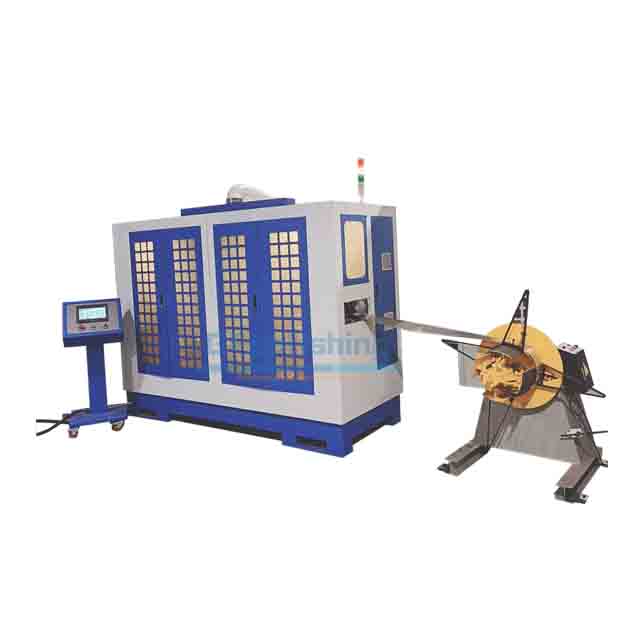Metal polishing is a crucial process in the manufacturing and finishing of various metal products. It involves the removal of imperfections, such as burrs, scratches, and oxidation, from the surface of metal objects. This article explores the purpose and benefits of metal polishing, highlighting its role in enhancing aesthetics and improving the performance of metal components.

Metal polishing is primarily performed to restore the original shine and luster of metal surfaces. By eliminating scratches, dullness, and oxidation, the polishing process brings out the inherent beauty of the metal, making it visually appealing.
Polishing smoothens the surface of metal objects, eliminating roughness and irregularities. This results in a sleek and uniform appearance, enhancing the overall aesthetics of the product.
Advanced polishing techniques, such as buffing and mirror polishing, can produce a reflective, mirror-like finish on metal surfaces. This not only adds a touch of elegance but also improves the perceived value of the product.
Metal components often have sharp edges and burrs after the manufacturing process. Polishing helps in removing these imperfections, making the metal safe to handle and preventing potential injuries.
Polishing removes oxidation and other surface contaminants that can lead to corrosion. By creating a clean and smooth surface, metal polishing enhances the corrosion resistance of the material, prolonging its lifespan.
Certain polishing techniques, such as mechanical polishing or electro-polishing, can increase the surface hardness of metals. This is particularly beneficial in industries where wear resistance and durability are crucial, such as automotive and aerospace.
Polished metal surfaces are easier to clean and maintain. The smooth and uniform finish prevents dirt, grime, and other particles from adhering to the surface, making cleaning more efficient and reducing maintenance efforts.
In industries like food processing, medical equipment, and pharmaceuticals, maintaining high levels of hygiene is essential. Polished metal surfaces are less prone to bacterial growth, as they lack microscopic crevices where contaminants can accumulate.

Metal polishing serves both aesthetic and functional purposes, playing a vital role in enhancing the appearance and performance of metal products. By removing imperfections, improving surface smoothness, and increasing corrosion resistance, metal polishing ensures that the end products meet the highest standards of quality and durability. Whether it is for decorative purposes or functional applications, the importance of metal polishing cannot be overstated in various industries where metal components are utilized.
By continuing to use the site you agree to our privacy policy Terms and Conditions.